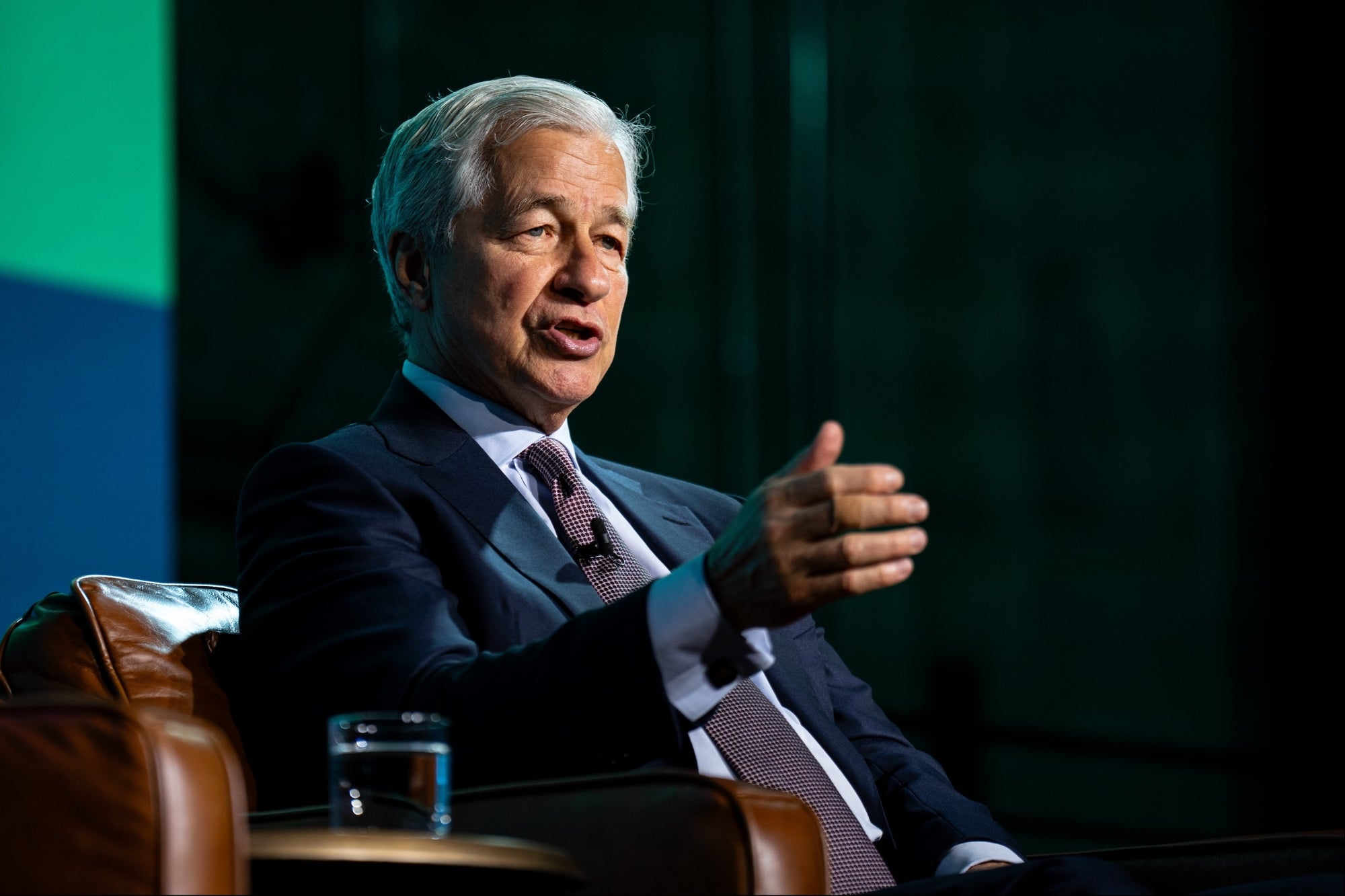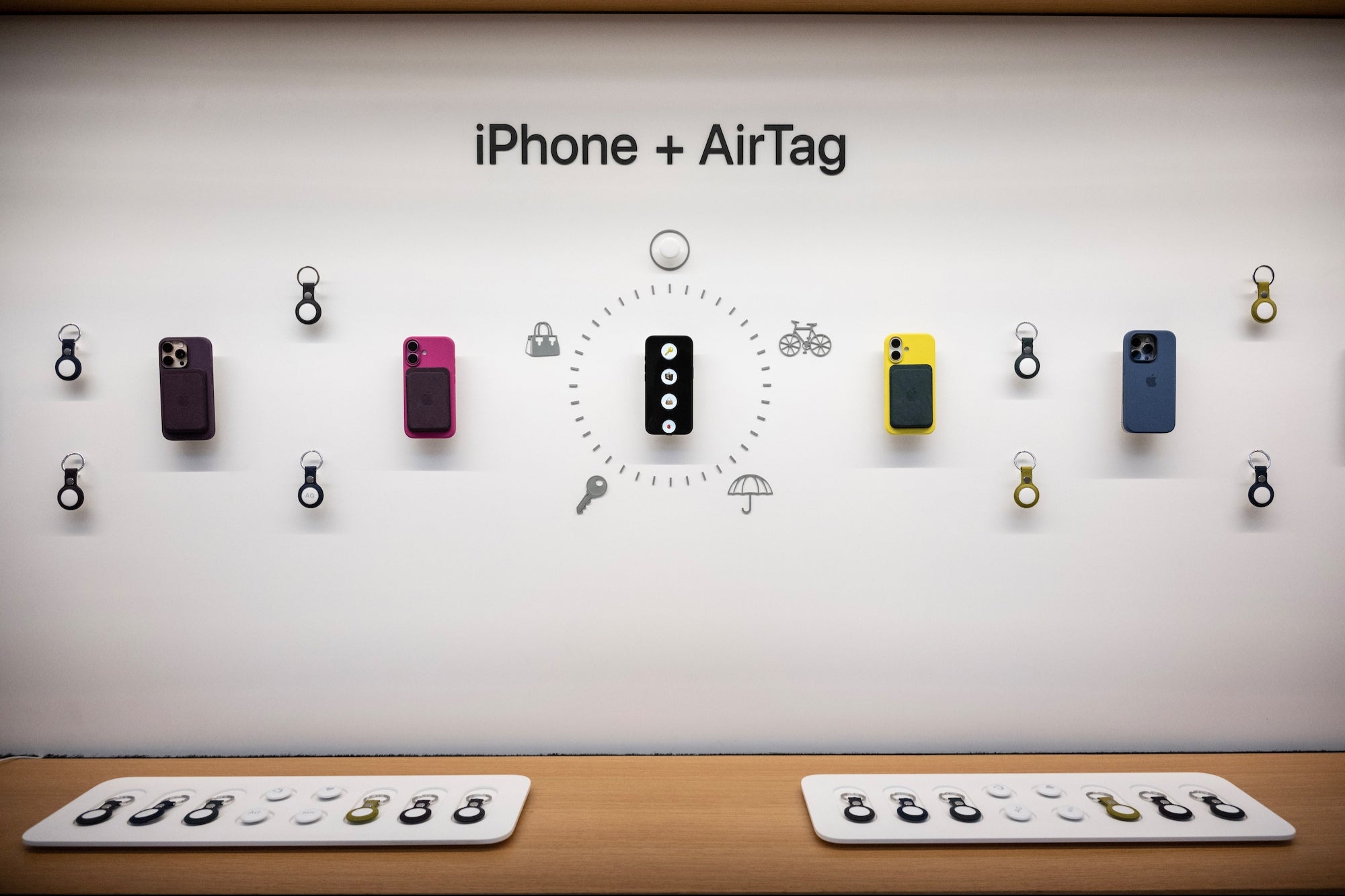4 Ways to Get Influencers to Spread Your Brand's Message Think of it as a way to connect with your audience's audience.
By Ann Handley
Opinions expressed by BIZ Experiences contributors are their own.
I have a love-hate relationship with so-called "influencer marketing."
Not because I don't think it's a legit practice--it is--but because too often it's done badly. But before I get into that--what exactly is it?
Influencer marketing is the process of connecting with "influencers"--people who have large followings in certain niches and can affect opinion--to increase the visibility of your own products or services. The idea is to identify and build relationships with those VIPs, who might be consultants, analysts, advisors, venture capitalists, subject-matter experts, bloggers, reporters or others with large networks on social media. They might be your own employees or customers.
"Influencers are individuals or groups that have a sway over your audience," explains Amanda Maksymiw, content marketing manager at Lattice Engines, a San Mateo, Calif.-based technology company. "They are trusted sources for information and have a means to communicate with a large amount of people."
Typically, a company offers an influencer something of value: information (insider knowledge or a scoop), visibility, products or (sometimes) payment, says Lee Odden, CEO of Spring Park, Minn.-based TopRank Online Marketing. The idea is to inspire the influencer to talk up your company or to share specific offers or information about your products.
Think of it, then, as a way to connect with your audience's audience. That's important, because you're reaching people you might not otherwise have access to and you're reaching them not through advertising but through a recommendation from someone they know. Research from Nielsen confirms that 77 percent of people are more likely to buy a product that's recommended by someone they trust.
Which brings me back to what marketers so often get wrong. There are two major issues here.
First is the problem of confusing size with influence. The key is to uncover those people who have the trust and respect of their audiences--not just those with the most followers. "Without the ability to affect the way a network thinks and how they act, an 'influencer' isn't really influencing anyone," Odden says. "They're just a 'brandividual.'"
The second mistake is thinking in terms of transactions, not relationships. Too many businesses focus on what the influencer can do for them, rather than how they can help the influencer. It's a mistake to make "presumptive, high-expectation pitches with no romance and little upside for the influencer," Odden says. "It's the equivalent of a stranger approaching you and saying, 'Let's get married.'"
So how can you recruit influencers to help with your marketing efforts?
Identify the right ones. Create a list of 10 to 20 people with whom you aim to cultivate relationships. That number is manageable for direct communication. Where do you find them? Your own executives might have relationships with such people. You can use Google to identify people who are writing about topics relevant to your business, or search social media to see who is participating in or leading conversations there. Attend industry events to meet potential influencers in person.
Your customers can help, too: Ask them what blogs they read, who they follow on Twitter and what they consider their best sources of information. You might also search online using free services such as Followerwonk, which can uncover influencers on Twitter, or tools that search more broadly, including BuzzSumo, Traackr, Appinions, GroupHigh and Little Bird.
Build a network before you need it. Identify and engage with luminaries in your industry long before you have a request. Build relationships and earn credibility by giving generously to them before asking for anything in return. The gifts you give influencers might be time and attention--read and share their stuff on your own social networks and in your content--or they might be more tangible: a free account, samples, an invitation to an exclusive shindig. "The time to start creating relationships with influencers is long before you actually need them," Odden says. "That way, when the time comes to work together on a project, there's already some familiarity and credibility before 'the ask.'"
Have a goal. At the very least, have a general sense of purpose. Are you looking to build brand awareness, generate leads, improve engagement? Also: What would you want the influencer to do? What will an ongoing relationship mean to your marketing and reputation, and how will you measure that? "Depending on your goal, you may want to engage or target different types of influencers," Maksymiw says.
Treat everyone like a who. Be generous with how you define "influencer" in any ongoing program. In our connected world, everyone has a voice and can inform the thinking of anyone else. So consider incorporating less-obvious influencers--nurturing them as you nurture your own business and marketing. "Working with an established influencer makes them your friend for a day," Odden says. "Helping upcoming talent become influential makes them a friend for life."










